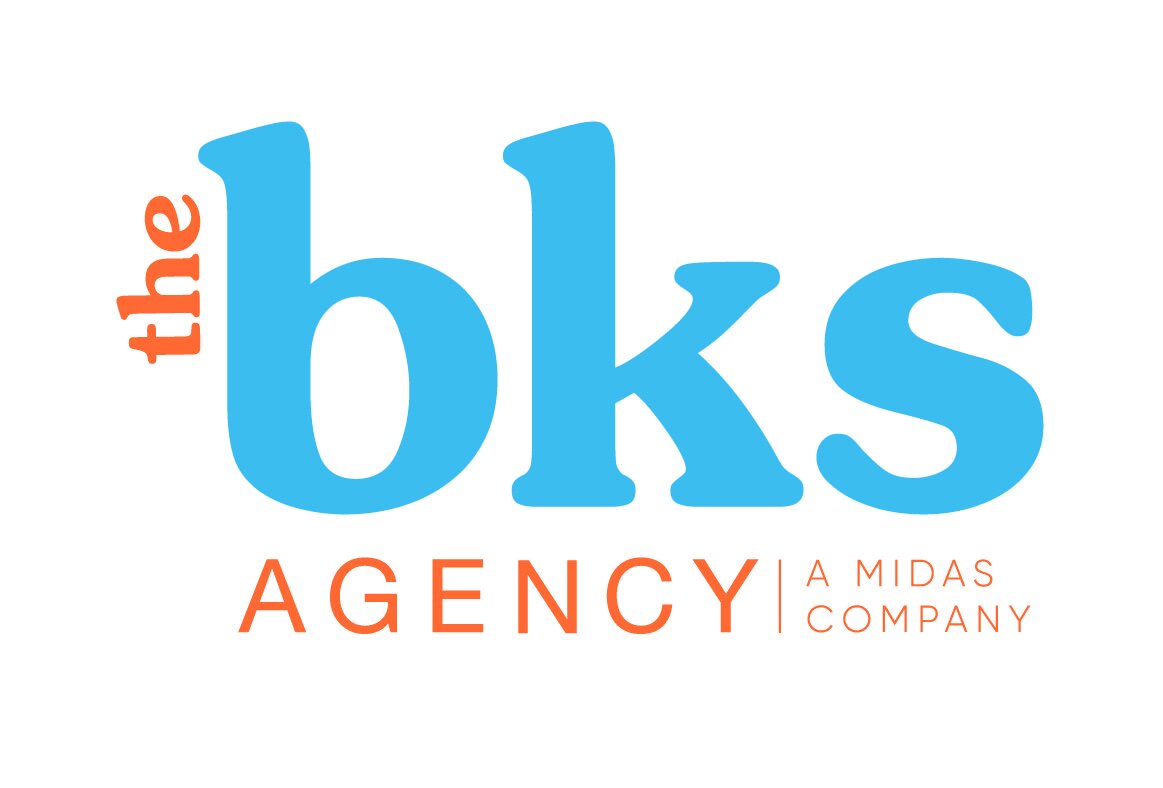GIRL, UNMASKED : How Uncovering My Autism Saved My Life
Emily Katy
RIGHTS SOLD: UK & Commonwealth/Monoray/Octopus
RIGHTS AVAILABLE: All rights controlled by The bks Agency
What is it like to be completely different to everyone around you?
To not understand why you feel how you feel or act how you act, but to instinctively know that you must adjust and hide who you are.
To be made to feel like an inconvenience, to be told you are hysterical.
To be driven to breaking point time and again only to be judged or excluded.
Now try doing that while you are still growing up; trying to find your place in the world when you don’t know who you are?
Or how to be what the world is expecting.
Emily is much like many young women her age. She goes to university where she’s training to be a nurse, she likes books and writing, she likes strawberry milkshakes and ‘Friends’. She is smart and funny and kind.
In many other ways, Emily is remarkable. At just 20 she is a passionate activist. She is the trustee of a charity, she is an NHS governor and in 2021 to celebrate the International Day of the Girl, she was selected by the Women of the World Foundation as one of their 40 Young Leaders.
Her childhood and teenage years tell a, perhaps surprising, story.
Like hundreds of thousands of young women in the UK, she was repeatedly failed by a system that is supposed to support. She was given many labels before, finally aged 17, she was given the one that mattered. She received the diagnosis that started to make sense of all that had come before.
Emily is autistic.
In Girl Unmasked, Emily shares her story, unfiltered and unmasked. From being a young girl with a rich imagination, her teenage years became defined by intense anxiety, self- harm and suicide attempts that ultimately led her to being sectioned under the Mental Health act at 16.
Today she is safe and well. And passionate about helping others who need to hear a voice like hers. A voice of someone who understands what it’s like to grow up so incredibly different from everyone else.
Emily writes:
“I see my life in two parts – before and after ...
This book is for 16-year-old me, who left that building that day feeling a thousand different emotions all at once. The 16-year-old girl who didn’t have the language to explain her experience, the knowledge to understand what it all meant, or the understanding that there were others out there just like her. This book is for her.
I want her to know that she doesn’t have to go along with the narrative she has been told so far.
I want her to know that autism doesn’t have to be her superpower, that autism isn’t simply a different ability rather than a disability, and that she can let her autism define her if she so wishes.
Because autism isn’t a bad thing. It is what makes her who she is. And she is imperfectly perfect.”
Different isn’t just a memoir of what it’s like to grow up autistic: to go from the safety of childhood to the ‘supposed’ certainty of adulthood, when neither safety nor certainty are available to you.
And it isn’t just a memoir that provides an inclusive space through which other autistic and neurodivergent young women (and their friends and family) can find comfort, support and understanding as they make their own way into adulthood.
It’s also a wake-up call to all of us to reflect on how we communicate and to bring more self-awareness to our relationships.
It invites us to consider what we think of as ‘normal’ and how we can all learn to deepen our compassion and humanity when we begin to redefine what ‘different’ looks like.

